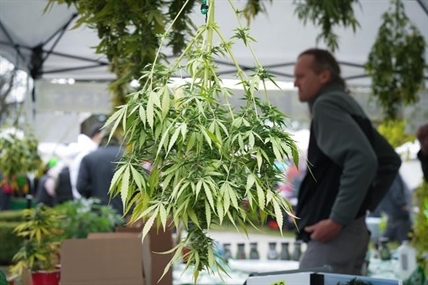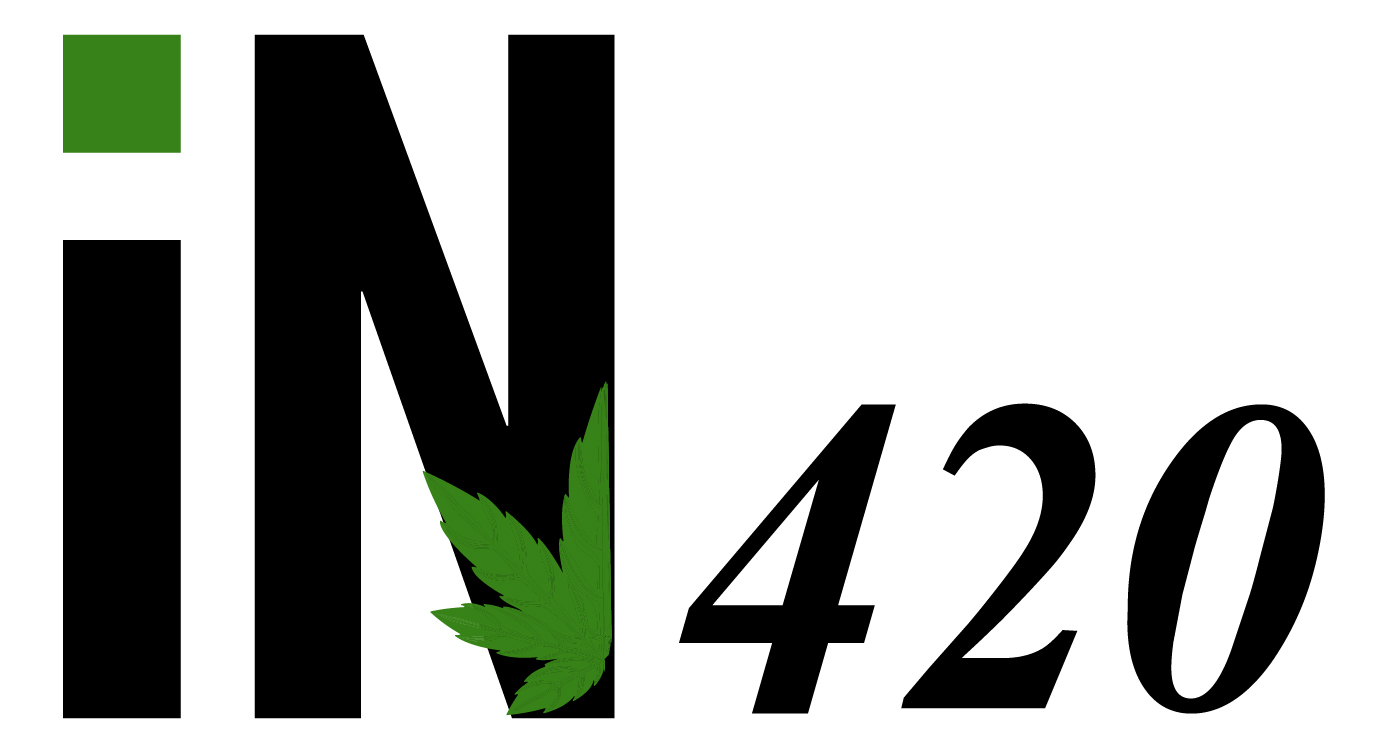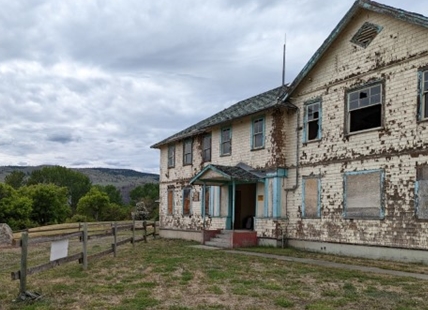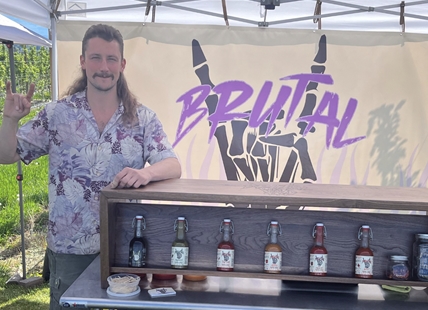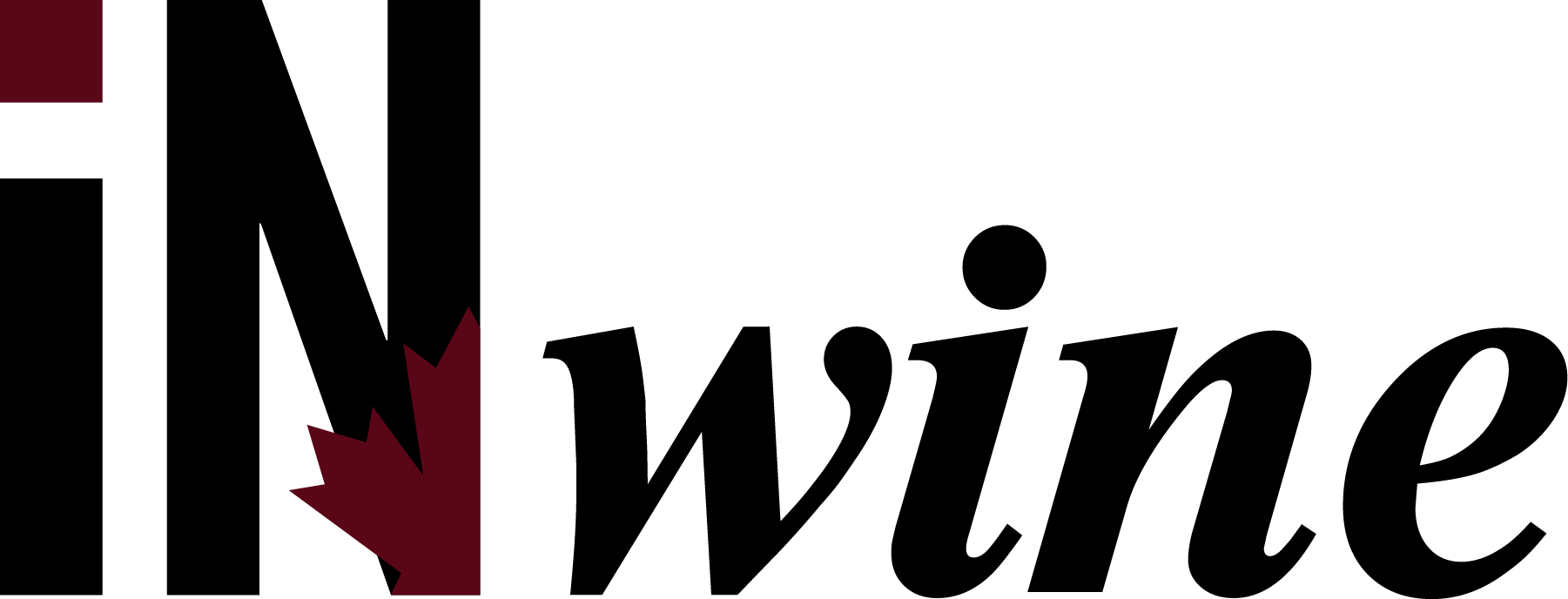Biden pardons thousands convicted of marijuana charges on federal lands and in Washington
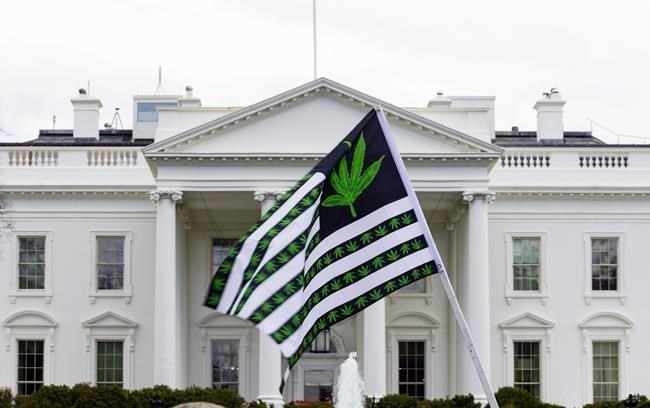
WASHINGTON (AP) — President Joe Biden pardoned thousands of people who were convicted of use and simple possession of marijuana on federal lands and in the District of Columbia, the White House said Friday, in his latest round of executive clemencies meant to rectify racial disparities in the justice system.
The categorical pardon builds on a similar round issued just before the 2022 midterm elections that pardoned thousands convicted of simple possession on federal lands eligible. Friday’s action broadens the criminal offenses covered by the pardon. Biden is also granting clemency to 11 people serving what the White House called “disproportionately long” sentences for nonviolent drug offenses.
Biden, in a statement, said his actions would help make the “promise of equal justice a reality.”
“Criminal records for marijuana use and possession have imposed needless barriers to employment, housing, and educational opportunities,” Biden said. “Too many lives have been upended because of our failed approach to marijuana. It’s time that we right these wrongs.”
No one was freed from prison under last year's action, but the pardons were meant to help thousands overcome obstacles to renting a home or finding a job. Similarly, no federal prisoners are eligible for release as a result of Friday's pardon.
But the order expands the grounds on which pardons are issued. In the last round, people were pardoned for simple possession under only one criminal statute. Friday's pardons also apply to several other criminal statutes, including attempted simple possession.
Biden's order applies only to marijuana, which has been decriminalized or legalized in many states for some or all uses, but remains a controlled substance under federal law. U.S. regulators are studying reclassifying the drug from the category of drugs deemed to have “no currently accepted medical use and a high potential for abuse," known as “Schedule I,” to the less tightly regulated “Schedule III.”
The pardon also does not apply to those in the U.S. unlawfully at the time of their offense.
Biden's proclamation effectively pardons the covered people, but they will need to submit applications to the Justice Department's pardon attorney office to receive certificates of pardon that can be used for housing and employment purposes.
Biden on Friday reiterated his call on governors and local leaders to take similar steps to erase marijuana convictions.
“Just as no one should be in a federal prison solely due to the use or possession of marijuana, no one should be in a local jail or state prison for that reason, either,” Biden said.


